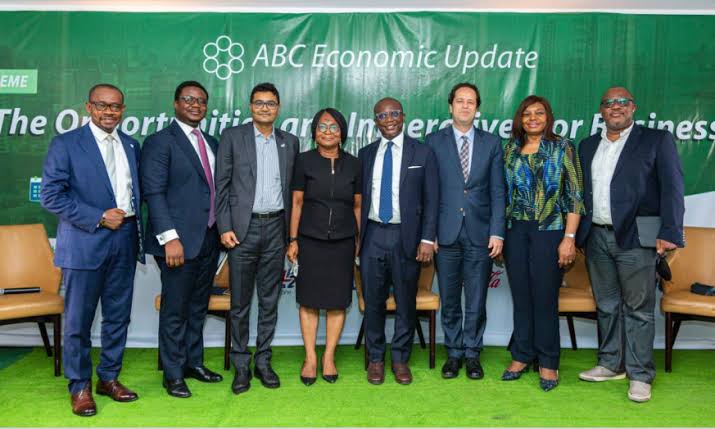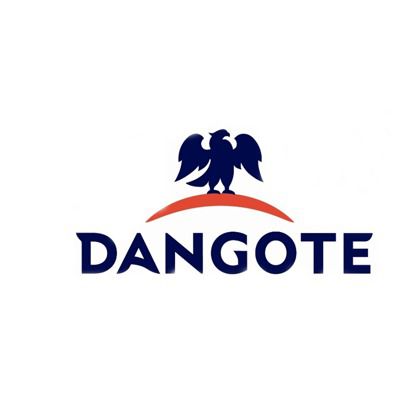American Business Council says it sees positive opportunities for the private sector in Nigeria.
Gatekeepers News reports that Magaret Olele, the Chief Executive Officer, American Business Council said the private sector in Nigeria has positive opportunities amid issues of multiplicities of policy challenges.
Olele said this during its 2022 economic update titled, “the opportunities and imperative for businesses.”
The event, which was in partnership with KPMG hosted experts who discussed opportunities in 2022, plans by the Federal Government for the private sector as well as reforms that will drive development via investments beyond.
Olele, while addressing journalists on the key takeaway of the event noted that there is a keen interest for the private sector to work with the public sector in terms of navigating through fiscal challenges.
She noted that the digital tech space is growing exponentially adding that there is a lot of interest on the US side, in the creative and entertainment sectors.
According to her, there is also the Lagos free zone which portends an opportunity to tolerate the challenges of infrastructure. “Because then you are able to go a place where you have an all-in-one opportunity to get things sorted out. That way we see positive opportunities for the private sector,” Olele said.
While commenting on the banking sector, she started that there is a great interest in the banking industry to fund FMCGs. Olele, however, added that sectors like Healthcare are not seeing this level of support because the bank still cannot see them as a clear business opportunity.
She added, ”What we are hearing from the NIPC is that the government is running some level of intervention to see how that sector will become very attractive in terms of investment.”
While commenting on why the insurance sector has continued to lag amid its peers, Olele said, “I think the insurance sectors are the back promoters of themselves, they need to do a bit more to let people know about their advantage and opportunities, the health insurance, for instance, is growing, but it is still like a very minuscule because they are not thinking innovatively – there is a bit about growth opportunity awareness, and there is also a bit of putting in some level of innovation into what you do. So how do you get more groups to get acquainted or align with the HMOs? How are you able to hold in a lot more association in the area of Health insurance and leverage health insurance to input overall the health care situation in the country? I think these are the questions that health insurance companies should ask themselves.”
Olele spoke further on the significant improvement ABC has witnessed over the years, “In 2017 when I joined, we were 33 but today we are about 70. It tells you that despite the challenges that we faced in the country in terms of the ease of doing business, Nigeria is still an attractive business place and all we need to do is to get a bit more things in order.
“Every time I get companies in the US making enquiries about different sectors, obviously critical sectors in the system, they want to know more of the entry spot, the market entry. Intelligent conversations that tell me that we are actually in a good place. We just need to understand that we need to get to a better place and get true policies that would encourage investors to do business in Nigeria.”
The IMF Country Representative to Nigeria, Ari Aisen, on his part noted that policy reforms that are more oriented to create a conducive environment for the private sector are very important.
Aisen said, “higher access to credit, higher access to foreign exchange, more predictable, feasible horizon for macro-economic stability and with less volatility, these all can contribute a lot together with advantages of the AFTCFA; for that it means, different trade policies, more tariffs, less protectionist and betting on the ability of the private sector to take advantage on the huge economies of scale, not only of Nigeria but of Africa”





